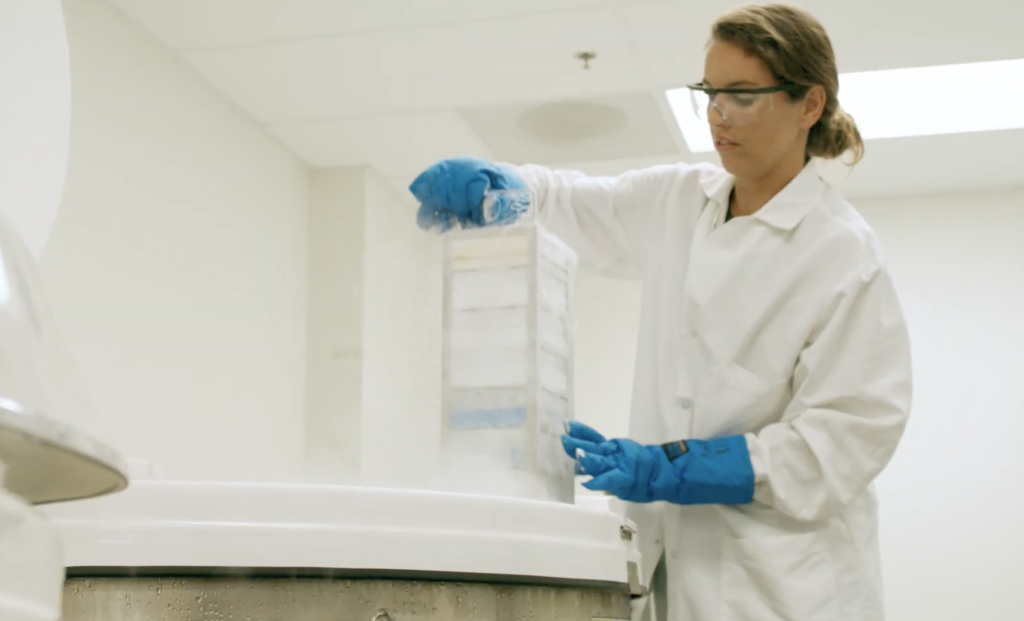We have recently discovered a novel connection between the TNF-related apoptosis inducing ligand (TRAIL) cytokine system and CMV. TRAIL is a TNF-family cytokine that can bind to several receptors (TRAIL receptor- 1, 2 ,3 and 4), of which two (R1 and R2) encode a cytoplasmic “death domain” and can mediate apoptosis of transformed cells (death receptors, DR). We showed several years ago that human adenovirus encodes 3 proteins in the E3 region of its genome (10.4K/14.5K/6.7K) that specifically downregulate the TRAIL DRs from surface of infected cells, desensitizing them to TRAIL-mediated killing. Now, we have discovered that human CMV (HCMV) also inhibits expression of the TRAIL DRs, and uses the UL141 protein to accomplish this task. In turn, we have solved the three dimensional structure of the UL141/TRAIL-R2 complex by X-ray crystallography in collaboration with Dr. Zajonc’s group at LJI. More recently we have shown that mouse CMV (MCMV) also uses a specific strategy to inhibit the TRAIL-DR via use of m166, the first identified role for this viral protein. In the absence of m166, MCMV replication is highly compromised due to its inability to inhibit TRAIL signaling, showing the key importance viral inhibition of this immune pathway plays.
CMV Interfaces with The Trail Cytokine System
About La Jolla Institute
The La Jolla Institute for Immunology is dedicated to understanding the intricacies and power of the immune system so that we may apply that knowledge to promote human health and prevent a wide range of diseases. Since its founding in 1988 as an independent, nonprofit research organization, the Institute has made numerous advances leading toward its goal: life without disease. Visit lji.org for more information.
Share this Article:
- Research News
Future drugs could target specialized T cells to help the body fight tumors, infections, and more
- Institute News
LJI researchers receive WHAM Edge Awards to study how sex-based differences in the immune system affect patients
- Institute News
LJI scientists team up with Colorectal Cancer Alliance's Project Cure CRC to end this devastating cancer


